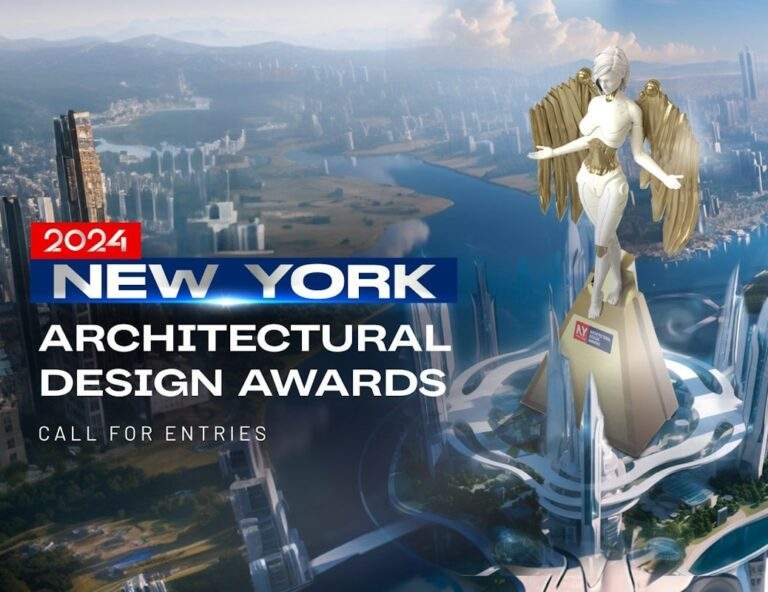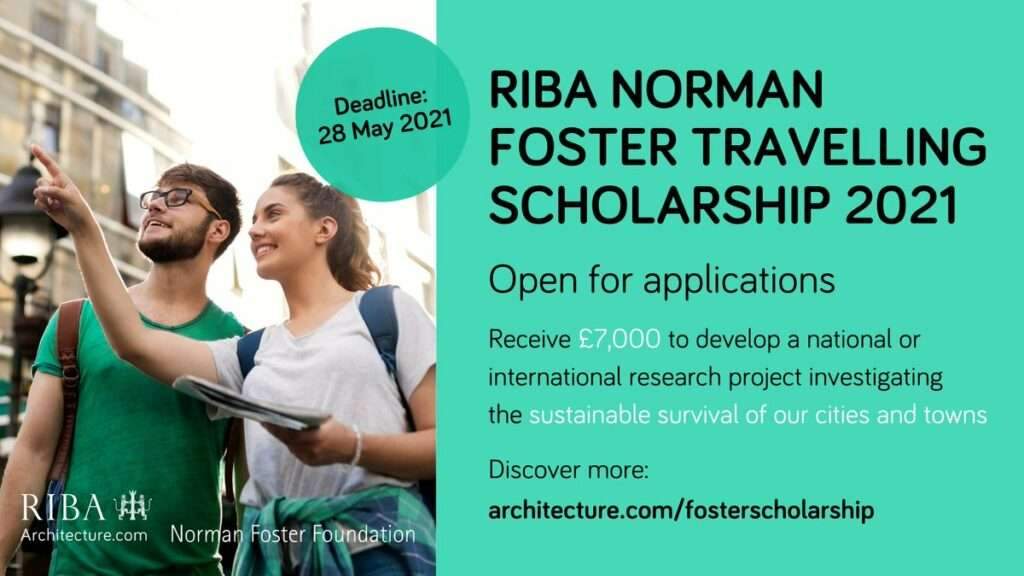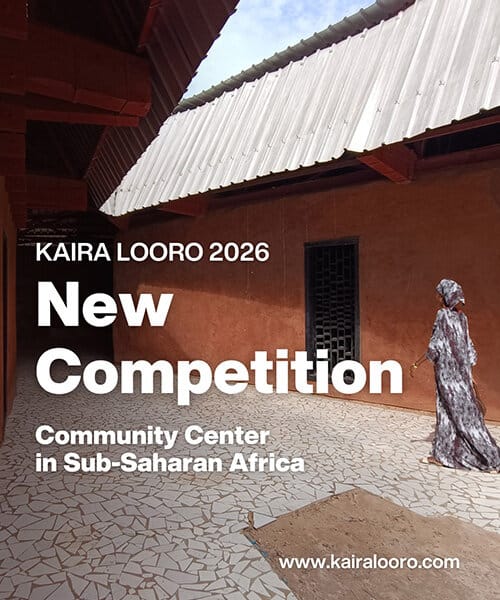Wege Prize 2025
Wege Prize is an annual competition that sparks innovative solutions for the future by inspiring college and university students worldwide to collaborate across institutional, disciplinary, and cultural boundaries. The competition encourages teams to redesign the way economies work, contending for a total of $65,000 USD in cash prizes. Participants learn and demonstrate what the future of problem-solving looks like.
Competition Organizer
Organized by the Wege Center for Sustainable Design at Kendall College of Art and Design of Ferris State University (KCAD), the competition brings together multi-disciplinary, five-person teams. These teams identify a “wicked problem” and develop compelling solutions—ranging from products and services to systems—that build on the core principles of the circular economy.
Competition Focus
Teams are challenged to create solutions that:
- Accelerate the transition to a circular economy and promote a shift towards renewables.
- Provide unique value and explore untapped potential through innovation.
- Demonstrate potential for marketability, profitability, and financial sustainability.
- Incorporate research, user consideration, and the impact on affected communities into the solution’s design.
Competition Process
Over a nine-month period, teams advance through four phases of the competition, evolving their ideas from informal proposals into viable, real-world solutions. This process includes research, market analysis, prototyping, and testing. Teams receive direct feedback from experts in sustainable business, design, circular economy, materials, and more, to refine their ideas for practical application.
Final Presentation and Prizes
Five finalist teams will be selected to present their game-changing ideas in May 2025. The winning teams will share in the competition’s $65,000 USD prize pool, with prizes awarded based on the impact and feasibility of their solutions.
How to Participate
Supported by The Wege Foundation, Wege Prize has been fostering student innovation for a more sustainable future since 2013.
Finally, find out more on ArchUp:






